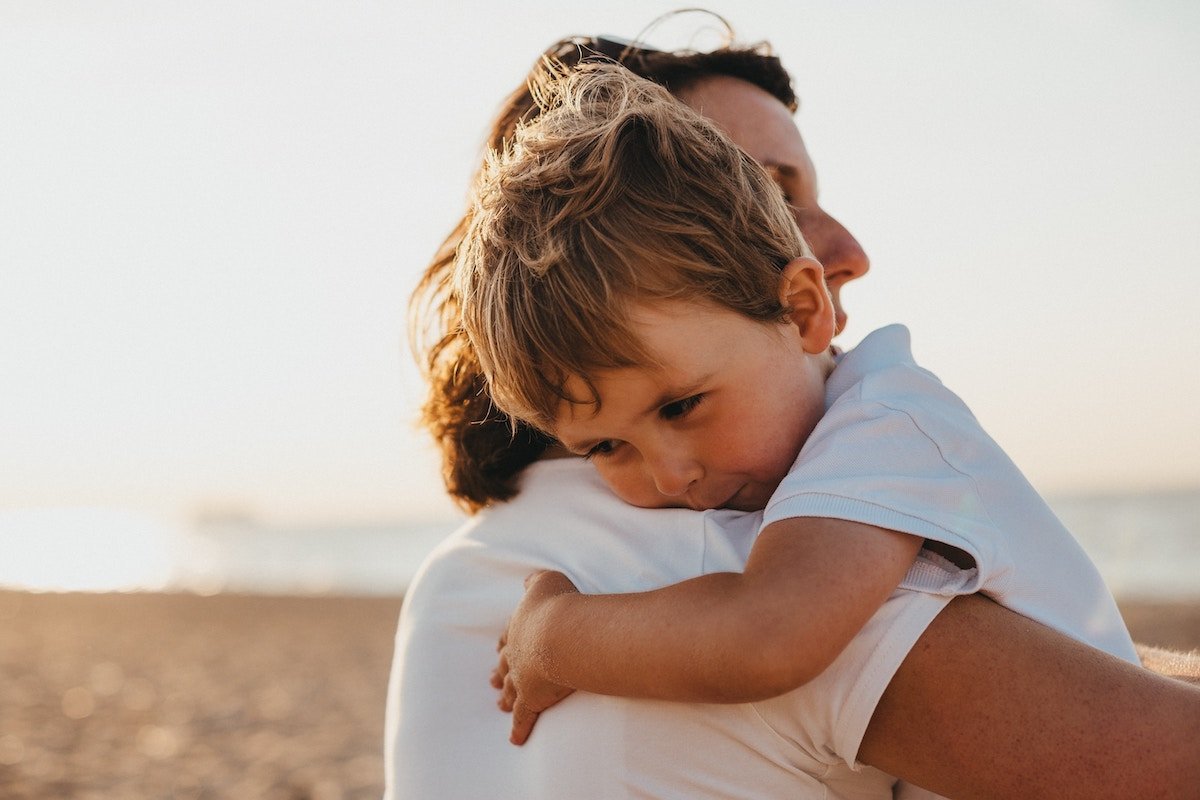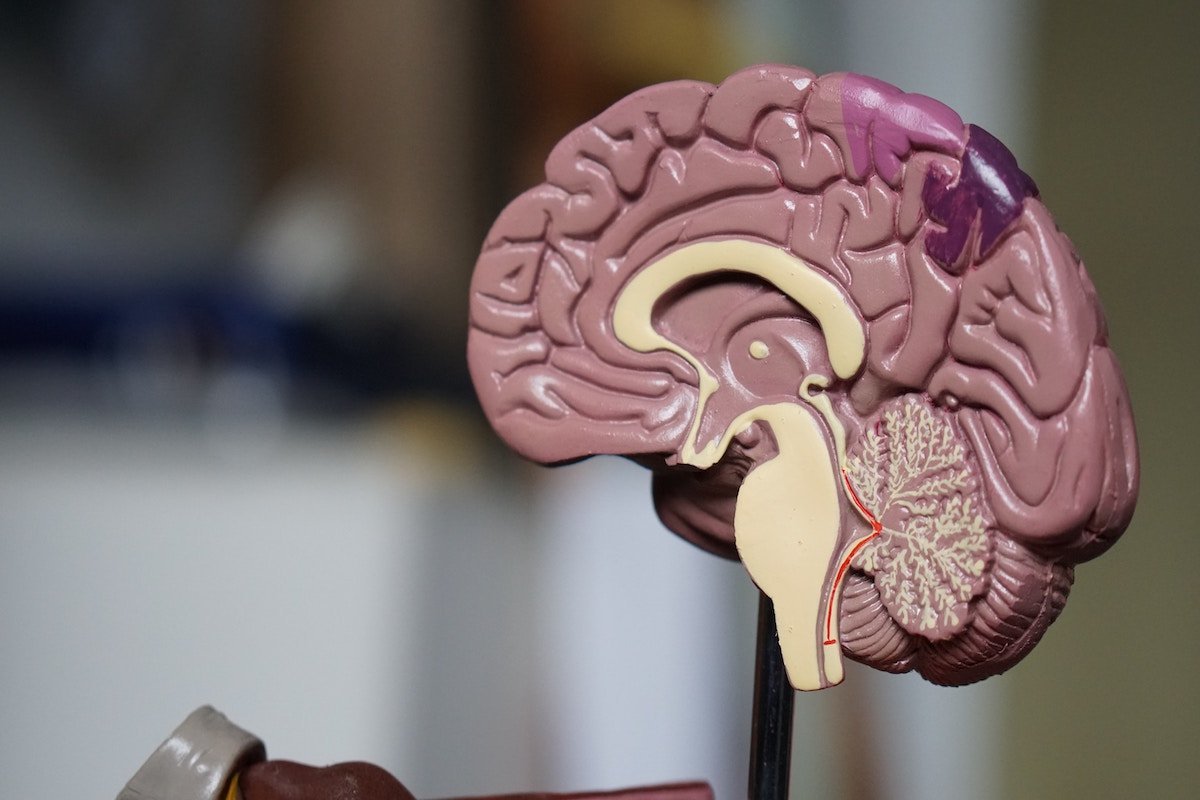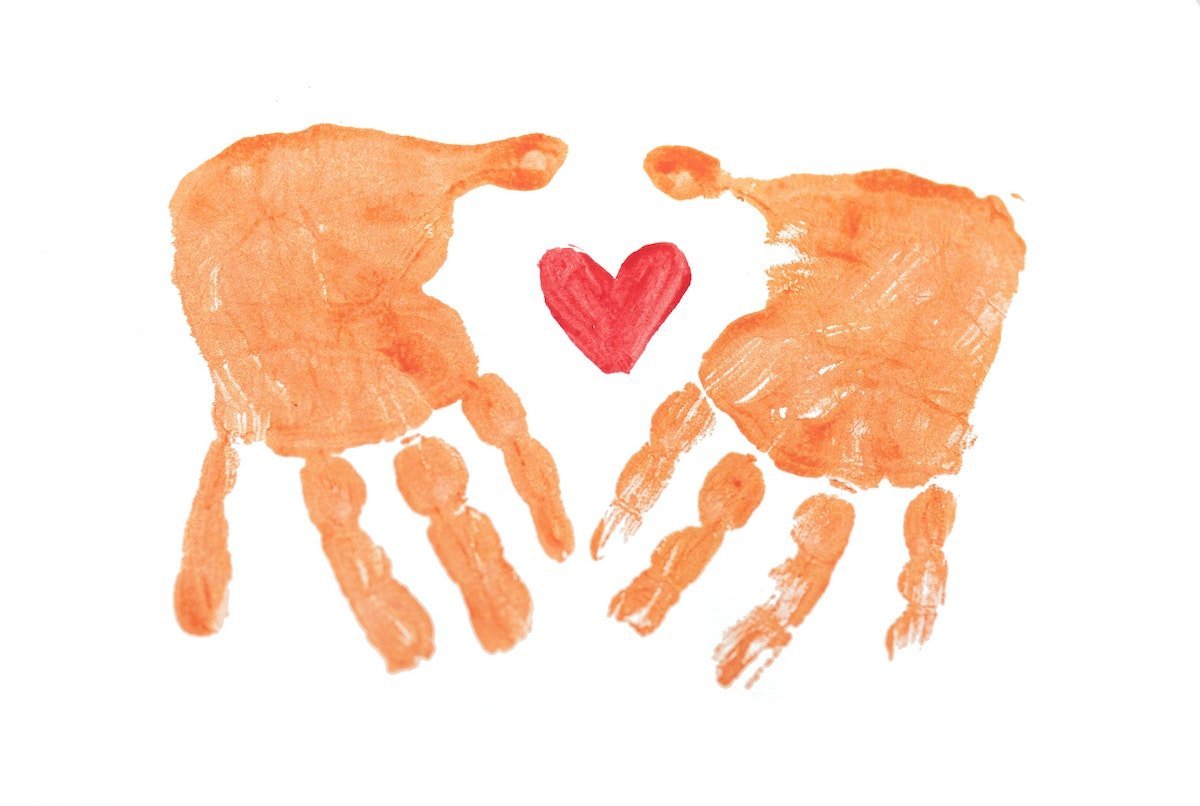Helping Your Child Find Motivation
If you have a strong enough “why” you can endure any “how.” This is a paraphrased idea courtesy of Friedrich Nietzche that I find to be very true in life. But man! Constructing a “why” strong enough to do something difficult can be pretty tough in our adult lives (for example, I procrastinated on writing this blog post), let alone our children’s lives.
Toys and Games with a Purpose
As play therapists, we often tell our caregivers to spend one-on-one time with their child for at least 30 minutes doing an activity of their child’s choosing or something they can enjoy together each week. We also know that finding that activity or free play can be a challenge for many caregivers. Have you ever wondered what toys and games we have in our rooms and why we use them? Keep on reading to understand more of the reason behind why we have chosen each specific toy in the play room and which ones might be worthwhile in adding to your collection at home!
Talking Tough Topics In the News
There have been many tragic events that have impacted our world and local Austin community as of late. As I write this, our community has just experienced the loss of several individuals through gun violence. Some days are just hard and our hearts feel exceptionally heavy. More and more I have caregivers ask if they should be discussing tough topics in the news with their child -- and if so, how?
Embracing the Holiday Season
During the holiday season, we often find that children have more difficulty with emotional regulation. Excitement is abundant and routine falls to the wayside: two things that shrink the level of tolerance children have for dysregulating stimuli.
Sleep: How to Support Your Child with Getting Quality Rest
I feel like it’s safe to say every single person who reads this blog has experienced a sleepless night and can remember the side effects they suffered the next day: lethargy, low motivation, trouble concentrating, desperate for a cup of coffee or tea, and maybe even being just outright cranky. (For me, the coffee mug seems permanently glued to my hand in an effort to recover.)




















